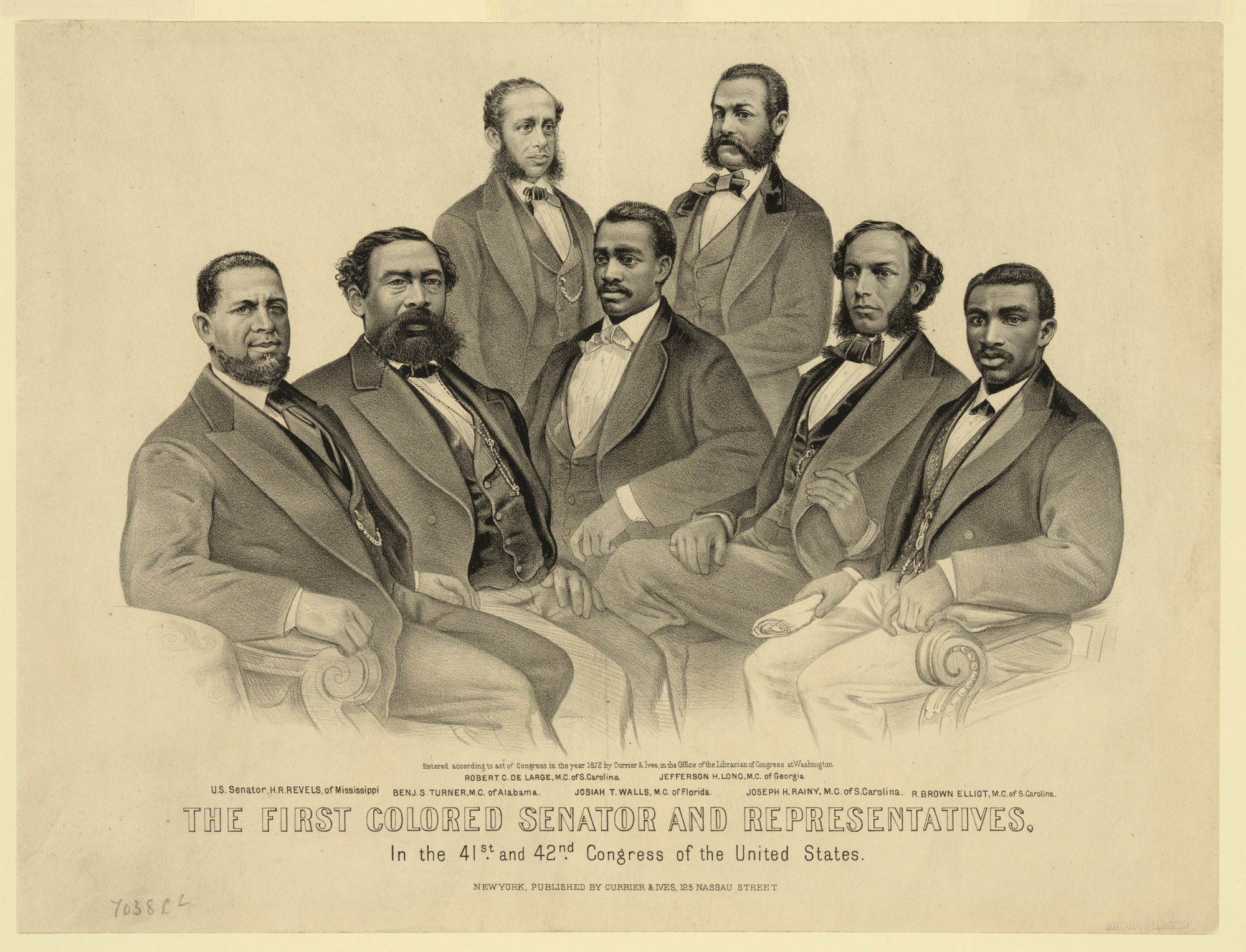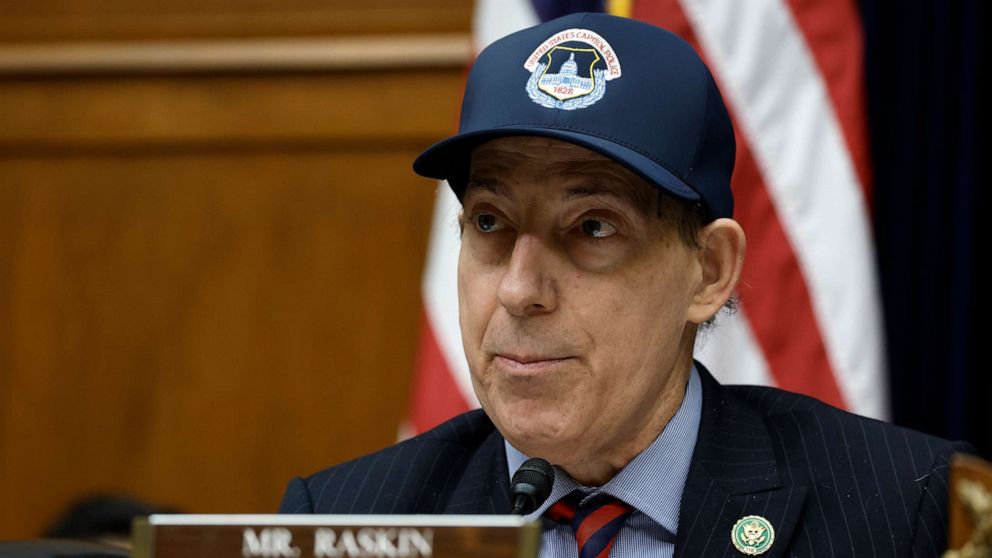
Restoring Trust in the Federal Government: A Bipartisan Initiative Addressing Corruption
Background on Declining Trust
Trust in the federal government among Americans has significantly declined over the past decades. According to Pew Research, in 1964, 77% of Americans trusted the federal government to do the right thing “all or most of the time.” This figure has dropped to only 22% in recent years.
Bipartisan Legislative Effort Led by Rep. Joe Neguse
Rep. Joe Neguse, U.S. House Assistant Minority Leader and Democrat representing Colorado’s 2nd Congressional District, is spearheading a bipartisan legislative package titled “End Corruption Now.” This comprehensive set of bills aims to combat corruption and cronyism at the highest levels of government.
Key Issues Addressed
- Normalization and desensitization of everyday corruption in Washington, D.C.
- Insider trading by members of Congress
- Self-dealing by the President and executive branch officials
- Weakening of oversight mechanisms, including the firing of inspector generals and suspension of enforcement of anti-bribery laws
Legislative Proposals and Measures
- Lifetime ban on members of Congress serving as lobbyists
- Prohibition of members of Congress from serving on corporate boards
- Ban on stock trading by members of Congress, their spouses, and children
- Prohibition of CEOs convicted of financial crimes from serving in the White House
- Restoration and strengthening of oversight measures for the executive branch
- Clear definition of an “official act” by public officials to address Supreme Court redefinitions of bribery
- The “Musk Act,” requiring government employees to recuse themselves from matters affecting their financial interests or those of previous employers
Alignment with Sustainable Development Goals (SDGs)
The initiative to restore trust and eliminate corruption aligns with several United Nations Sustainable Development Goals, including:
- SDG 16: Peace, Justice, and Strong Institutions – By promoting transparent, accountable, and effective institutions, the legislation supports the creation of just and inclusive societies.
- SDG 17: Partnerships for the Goals – The bipartisan nature of the effort exemplifies effective partnerships to achieve common objectives.
- SDG 10: Reduced Inequalities – Addressing corruption helps reduce inequalities by ensuring fair access to government resources and decision-making.
Challenges and Public Engagement
Rep. Neguse emphasizes that while there is growing support among political leadership and even former President Trump for certain reforms, such as banning stock trading by members of Congress, the success of the legislation depends heavily on public demand and political will.
Conclusion
The “End Corruption Now” package represents a critical step toward rebuilding public trust in the federal government by targeting systemic corruption. Through comprehensive reforms and bipartisan cooperation, the initiative seeks to uphold the principles of good governance and contribute to achieving the Sustainable Development Goals related to justice, strong institutions, and equality.

1. Sustainable Development Goals (SDGs) Addressed or Connected
- SDG 16: Peace, Justice and Strong Institutions
- The article focuses on corruption, government trust, and political accountability, which directly relate to SDG 16’s aim to promote peaceful and inclusive societies, provide access to justice for all, and build effective, accountable institutions.
- SDG 17: Partnerships for the Goals
- The bipartisan effort led by Rep. Joe Neguse to restore trust and implement anti-corruption measures reflects the importance of partnerships and cooperation in governance, aligning with SDG 17’s goal to strengthen the means of implementation and revitalize global partnerships.
2. Specific Targets Under Those SDGs Identified
- Under SDG 16:
- Target 16.5: Substantially reduce corruption and bribery in all their forms.
- Target 16.6: Develop effective, accountable and transparent institutions at all levels.
- Target 16.7: Ensure responsive, inclusive, participatory and representative decision-making at all levels.
- Under SDG 17:
- Target 17.17: Encourage and promote effective public, public-private and civil society partnerships, building on the experience and resourcing strategies of partnerships.
3. Indicators Mentioned or Implied to Measure Progress
- Trust in Government
- The article cites Pew Research data showing a decline in Americans’ trust in the federal government from 77% in 1964 to 22% today. This implies the use of public trust surveys as an indicator to measure progress towards reducing corruption and improving institutional accountability (related to SDG 16.6).
- Legislative Measures and Reforms
- The introduction and co-sponsorship growth of anti-corruption bills (e.g., banning members of Congress from lobbying, stock trading restrictions) serve as indicators of political commitment and institutional reforms (related to SDG 16.6 and 16.5).
- Enforcement and Oversight Actions
- Measures such as reinstating inspector generals and enforcing anti-bribery laws (Foreign Corrupt Practices Act) imply monitoring enforcement actions as indicators of progress in reducing corruption (SDG 16.5).
4. Table of SDGs, Targets and Indicators
| SDGs | Targets | Indicators |
|---|---|---|
| SDG 16: Peace, Justice and Strong Institutions |
|
|
| SDG 17: Partnerships for the Goals |
|
|
Source: cbsnews.com







